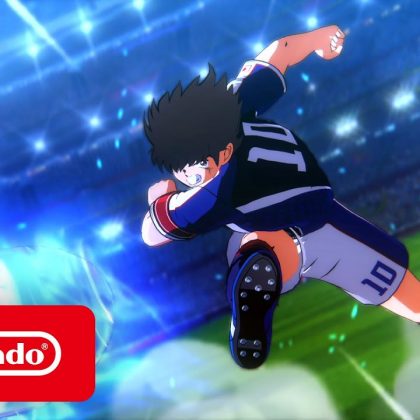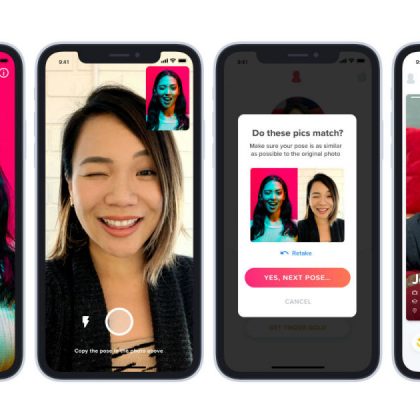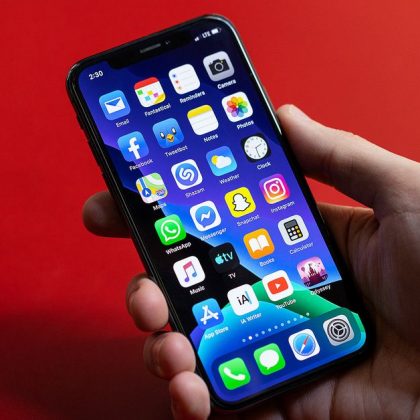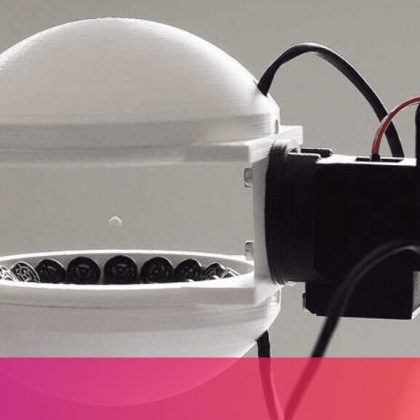It’s the first “official” day of CES, when glitzy keynotes are replaced with grungy, sweaty crowds shuffling from booth to booth set up on the hideous carpets of the Las Vegas show floor. I love it. I intentionally kept my calendar as open as possible so I could go experience the full spectrum of what’s on tap here this year. I saw everything from the neon-lit horde in Samsung City (what we call its massive booth) to the locker-room-smelling funk of “Eureka Park,” where the tiniest of businesses rent the tiniest of kiosks, all crammed together by the thousands. Employees from every part of that spectrum are out tonight and I feel very confident in saying that many of them are raising a toast in thanks to a company that isn’t here: Sonos. As often happens at CES, the biggest news of CES didn’t happen at CES and yet was nevertheless custom designed for maximum impact at CES: Sonos has sued Google for allegedly stealing smart speaker tech. The New York Times story that broke the news contains many eye-popping details if you’ve followed the saga of getting the Google Assistant working on Sonos speakers. It was a process that took seemingly forever, and despite asking many, many times why it took so long, nobody could give a satisfactory answer for why. I asked Google for comment on the Sonos suit and got the same one as before, however this time with a new line, emphasized below: Over the years, we have had numerous ongoing conversations with Sonos about both companies’ IP rights and we are disappointed that Sonos brought these lawsuits instead of continuing negotiations in good faith. Google’s technology was developed independently by Google — it was not copied from Sonos. We dispute these claims and will defend them vigorously. That new line is Google explicitly saying it didn’t copy Sonos’ technology, but it doesn’t address Sonos’ claims that it told Google it was infringing Sonos’ patents four times since 2016. And not copying something on purpose doesn’t mean you haven’t infringed the patents, especially if the patent owner keeps telling you there’s a problem. Nilay Patel has pointed out that Sonos has already won a case against Denon with at least two of these patents. So I wouldn’t expect either Google or Sonos to stand down quickly on this lawsuit. I am very far from qualified to talk about the merits of the lawsuit itself, but I think the reason the news hit so hard is that it tonally feels right. Likely because it could affect the proceedings, Sonos executives weren’t directly quoted in the NYT outside of a prepared statement from CEO Patrick Spence. They seem to have spoken bluntly with Jack Nicas and Daisuke Wakabayashi about what’s been going on, however. This paragraph in particular rings true to me: Like many companies under the thumb of Big Tech, Sonos groused privately for years. But over the past several months, Patrick Spence, Sonos’s chief executive, decided
Read More
08January





